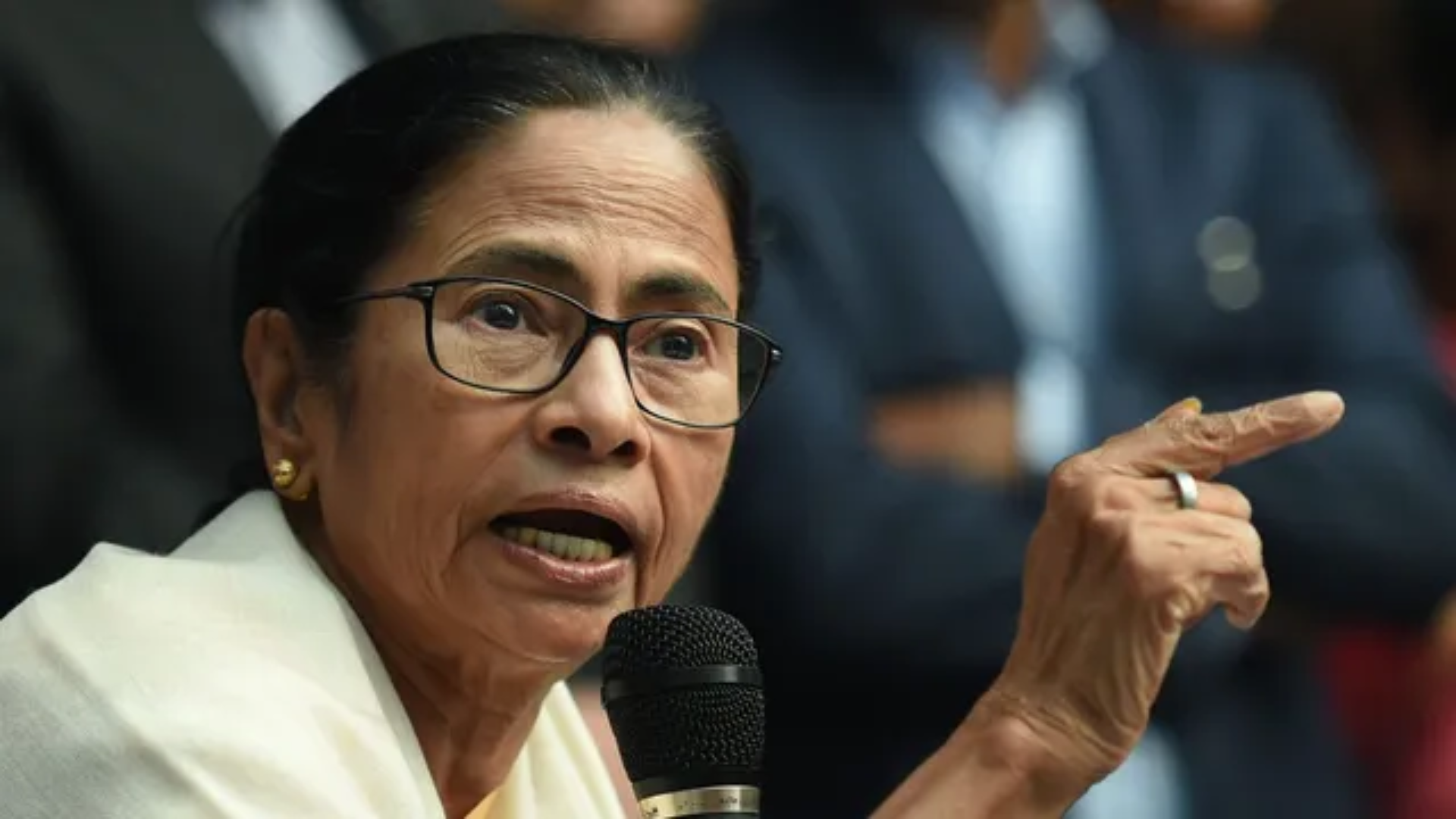The interim government of Bangladesh, led by Nobel laureate Mohammad Yunus, has sent a formal diplomatic note urging India to extradite the ousted Prime Minister Sheikh Hasina. The diplomatic message, known as a note verbale, emphasizes the need for Sheikh Hasina to face judicial proceedings in Bangladesh. This comes after the International Crimes Tribunal (ICT) in Dhaka issued an arrest warrant against her, along with several of her former ministers, advisors, and military and civil officials. They stand accused of crimes against humanity and genocide, a move that has further deepened the political crisis in the nation.
Touhid Hossain, the foreign affairs adviser in the interim government, confirmed the development, stating, “We have sent a note verbale to the Indian government saying that Bangladesh wants her back here for the judicial process.” This follows an earlier communication from Jahangir Alam Chowdhury, the interim government’s advisor for home affairs, to India’s Ministry of External Affairs (MEA), requesting assistance in Sheikh Hasina’s extradition.
Sheikh Hasina’s Current Status
Sheikh Hasina has been residing in India since August 5, 2024, after fleeing her country amidst widespread public protests led by students and opposition groups. Her departure marked a turning point in Bangladesh’s volatile political landscape, culminating in the formation of the interim government under Mohammad Yunus. The protests were driven by allegations of corruption, economic mismanagement, and authoritarianism during Hasina’s tenure. The interim government’s call for her extradition is based on the existence of an extradition treaty between India and Bangladesh, which could serve as the legal framework for her return.
The ICT’s accusations against Sheikh Hasina are serious, alleging her involvement in crimes against humanity and genocide. These charges stem from a controversial period of her governance, during which political opponents and civil society groups accused her administration of using state apparatus to suppress dissent. The tribunal’s move to issue arrest warrants for a wide range of individuals from her administration underscores the depth of the political and judicial confrontation now unfolding in Bangladesh.
India’s Diplomatic Dilemma
India’s Ministry of External Affairs (MEA) has not yet issued an official response to the diplomatic note. However, the situation poses a significant diplomatic challenge for India, which must navigate the complex interplay of legal obligations, regional stability, and domestic considerations. While the extradition treaty provides a legal mechanism, its implementation would involve evaluating the political and humanitarian implications of sending Sheikh Hasina back to Bangladesh under the current circumstances.
The request for extradition also raises questions about the interim government’s legitimacy and the potential for political motivations behind the charges. Critics of the ICT and the interim government have argued that the tribunal has been used as a political tool in the past, casting doubt on the fairness of the judicial process awaiting Sheikh Hasina in Dhaka.
Strategic Implications for India
For India, the stakes are high. Sheikh Hasina has been a key figure in fostering India-Bangladesh relations, particularly in areas such as trade, security cooperation, and regional connectivity. Her ousting and subsequent judicial pursuit could alter the trajectory of bilateral ties, potentially straining relations between the two neighbors. Additionally, India’s decision on the extradition request will likely have broader geopolitical implications, given the strategic importance of Bangladesh in South Asia and its growing ties with other regional powers, including China.
Analysts suggest that India may adopt a cautious approach, seeking to balance its treaty obligations with broader regional and international considerations. The MEA is likely to engage in extensive consultations with legal experts, intelligence agencies, and political stakeholders before making any decision.
Concerns About Bangladesh’s Interim Government
Meanwhile, the situation in Bangladesh remains tense. The interim government faces mounting criticism over its handling of the political transition and its perceived crackdown on opposition voices. International human rights organizations have also expressed concerns about the potential for judicial overreach and the erosion of democratic norms under the interim administration.
The extradition request marks a pivotal moment in South Asia’s political landscape. The outcome will not only shape the future of Sheikh Hasina and Bangladesh’s domestic politics but will also influence the region’s diplomatic and strategic alignments. As the world watches, the decisions made in New Delhi and Dhaka will likely have lasting repercussions for the region’s stability and governance.
Read More : Jaishankar To Visit US From December 24-29, First Since Trump’s Election




















